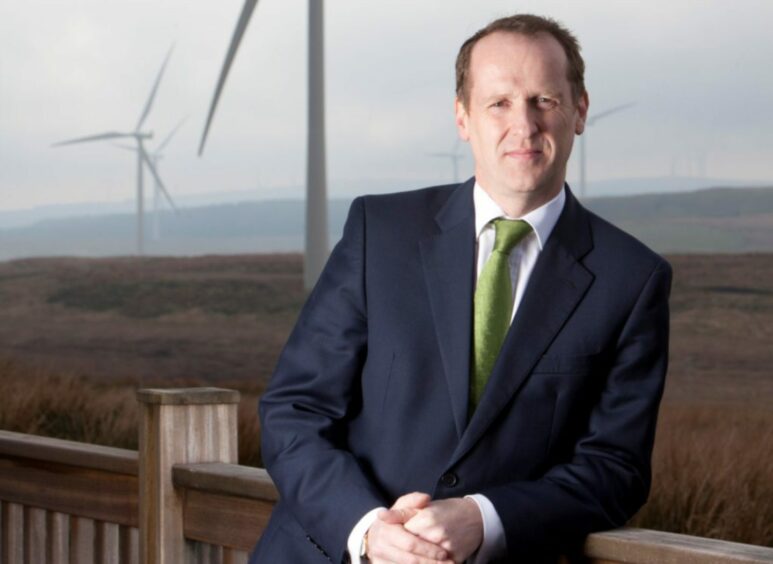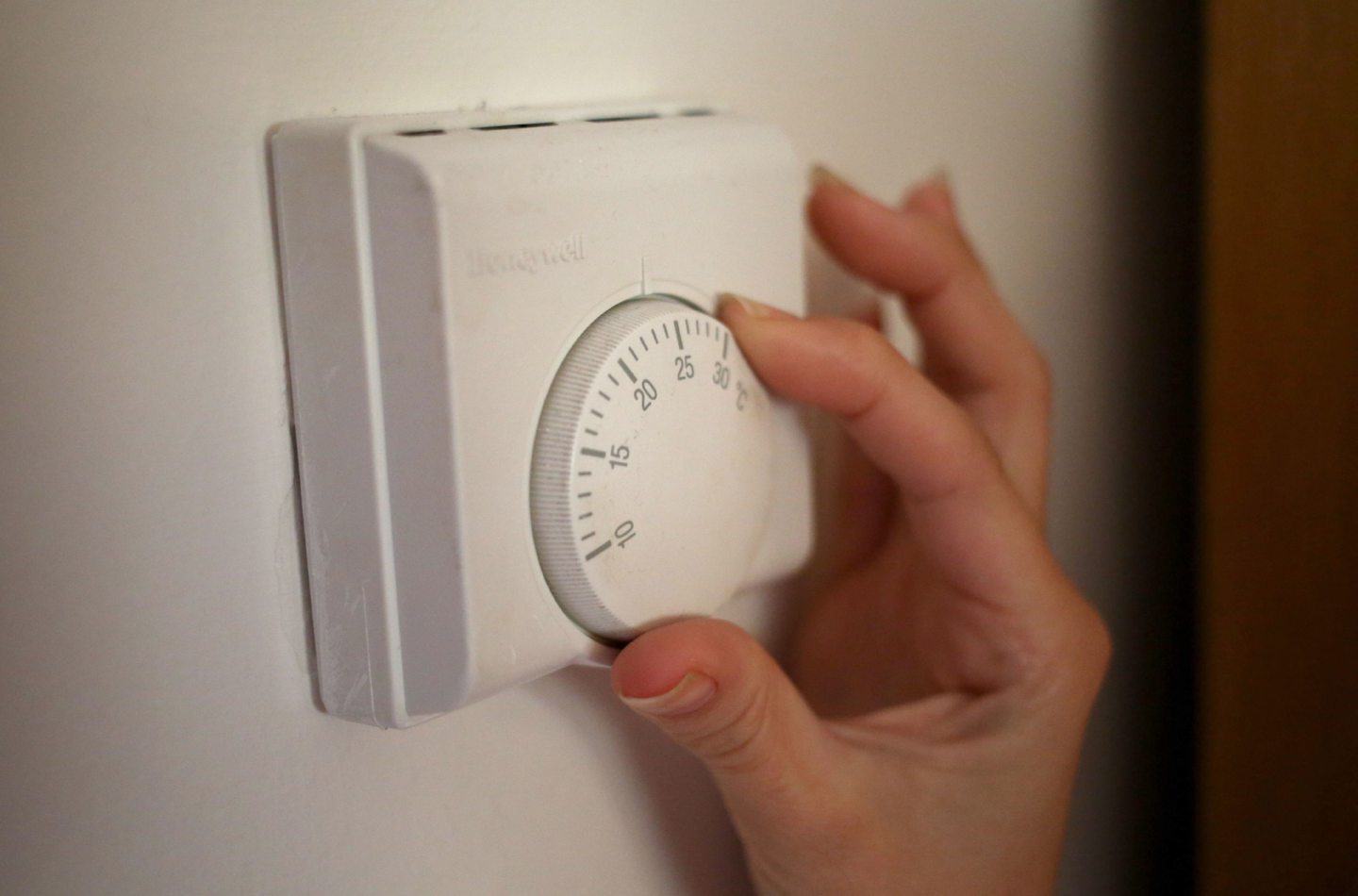
Keith Anderson, the boss of Scottish Power, has called on the UK government to protect households from “truly horrific” rises in energy costs coming in October.
The chief executive of the energy supplier has estimated bills faces rise as high as £2,900 per household as the next review of energy costs for consumers known as the price cap comes into force.
This compares to bills in January last year that were around £1,000 to £2,900, he said.
He said: “We are more than half way through the next price review period with the regulator which looks at forward prices in the market.
“Already that is indicating the price could go up to £2,900
“But even if things got better and the price only went to £2,500 that is still a huge and significant impact on customers and consumers.
“If I go back to January 2021 the price of electricity and gas was about £1,000
“If we get to get to £2,900 that is over a 200% rise in the price.”
The UK is facing a rising cost of living crisis driven largely by increased cost of energy and fuel.
He called for a “significant intervention” in the form of a £1,000 rebate on energy bills which could then be repaid over a ten year period.
“We therefore need a much more significant intervention against the energy bill which is what I am asking for £1,000 to be taken off the bills for October which will go directly to consumers and actually help them tackle the real problem which is the cost of their energy.”
He insisted the Glasgow-based energy company firm has been doing a “huge amount” to help customers already.
The firm supplies gas and electricity to over 5m households and businesses across the UK.
Last year the regulator Ofgem appointed Scottish Power to take on 70,400 domestic customers after smaller rivals Entice Energy and Orbit Energy collapsed as the wholesale cost of energy began to hit suppliers.
He estimated Scottish Power faced increasing losses on the cost of supplying customers and that the coming rise was “way beyond” what his firm or the industry could bear.
“Last year as a company we lost over £260 million selling gas and electricity,” he said.
“We have a £5m hardship fund that goes to help and support customers.
“This rise from £1,000 to £2,900 is way beyond what I can deal with as a company, it is way beyond what the industry can deal with which is why we think it has to be a government and regulatory-backed scheme that can take £1,000 the bill and then we look at the repayment of that money over a ten year period.”
He estimates repayment could be as low as £40 a year over ten years – although the scheme could also manage these costs in a variety of ways and that it would be “easy” to help the most vulnerable households.
“The scheme I am suggesting leaves them with various options,” he said
“You take the £1,000 off the bill you spread it over ten year period and you look at making it a repayment of £40.
“What that allows us to think about is how much of that repayment does the government help support, how much do we ask better off customers to pay, how much to we ask all customers to pay.
“You could structure it in various ways to help support people.
“You can do some easy, ready-made ways of doing this – you could use the warm home discount so anybody eligible for that can use the scheme, you could use anybody with elegibility for Universal Credit, you could use anybody on a pre-payment metre. They are the people who are hardest hit by this so you direct the money straight to them.”
He initially put the proposals forward to a recent select committee at Westminster
“I said then the consequences will be truly horrific and I will repeat that today.
“On the first week we opened up a new phone line a month ago to help people worried about their bills we had 8,000 phone calls – people really anxious and scared about what they can do.
“I think we will see people self-disconnecting, not loading up their pre payment cards.
“I think we will see a massive increase in the level of debt.
“You will also see a lot of strain and stress on the market because how long can they keep going on making a loss year after year doing this – it becomes unsustainable.”
 © PA
© PA © Supplied by RSGS
© Supplied by RSGS